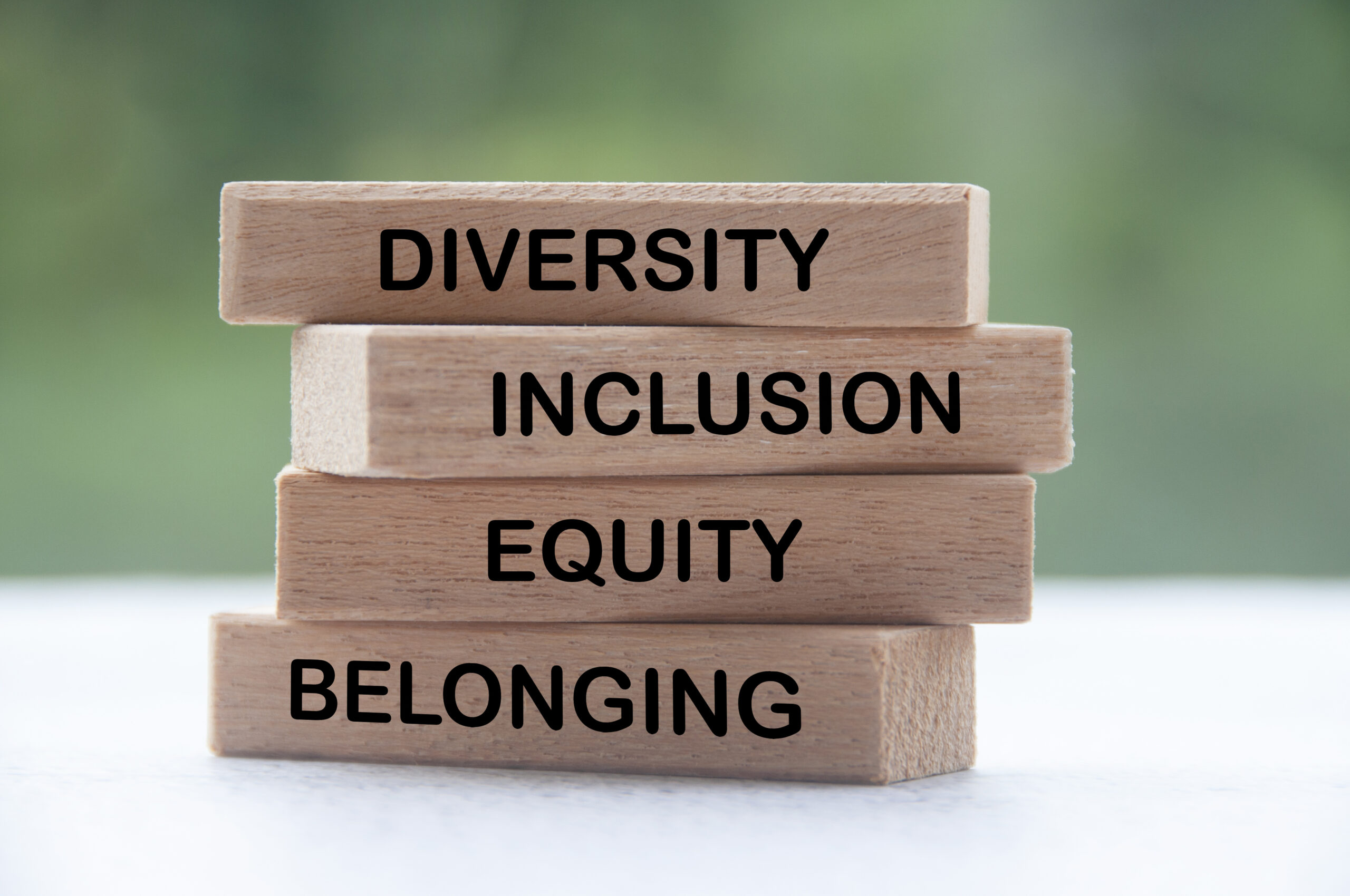QI Consulting Limited and Cognitions is committed to encouraging equality, diversity and inclusion among our workforce, and eliminating unlawful discrimination.
The aim is for our workforce to be truly representative of all sections of society and our customers, and for each employee to feel respected and able to give their best.
The organisation – in providing services and/or facilities – is also committed against unlawful discrimination of other stakeholders or the public.
Our policy’s purpose
This policy’s purpose is to:
- Provide equality, fairness and respect for all in our employment, whether temporary, part-time or full-time
- Not unlawfully discriminate because of the Equality Act 2010 protected characteristics of:
-
- age
- disability
- gender reassignment
- marriage and civil partnership
- pregnancy and maternity
- race (including colour, nationality, and ethnic or national origin)
- religion or belief
- sex
- sexual orientation
- Oppose and avoid all forms of unlawful discrimination. This includes in:
-
- pay and benefits
- terms and conditions of employment
- dealing with grievances and discipline
- dismissal
- redundancy
- leave for parents
- requests for flexible working
- selection for employment, promotion, training or other developmental opportunities
Our commitments
We commit to:
- Encourage Equality, Diversity and Inclusion in the workplace as they are good practice and make business sense.
- Create a working environment within and in providing services, free of bullying, harassment, victimisation and unlawful discrimination, promoting dignity and respect for all, and where individual differences and the contributions of all staff are recognised and valued.This commitment includes Managers, Directors and all other employees about their rights and responsibilities under the equality, diversity and inclusion policy. Responsibilities include staff conducting themselves to help the organisation provide equal opportunities in employment, and prevent bullying, harassment, victimisation and unlawful discrimination.All staff as well as their employer understand that they can be held liable for acts of bullying, harassment, victimisation and unlawful discrimination, in the course of their employment, against fellow employees, customers, suppliers and the public.
- Take seriously complaints of bullying, harassment, victimisation and unlawful discrimination by fellow employees, customers, suppliers, visitors, the public and any others in the course of the organisation’s work activities.Such acts will be dealt with as misconduct under the organisation’s grievance and/or disciplinary procedures, and appropriate action will be taken. Particularly serious complaints could amount to gross misconduct and lead to dismissal without notice.Further, sexual harassment may amount to both an employment rights matter and a criminal matter, such as in sexual assault allegations. In addition, harassment under the Protection from Harassment Act 1997 – which is not limited to circumstances where harassment relates to a protected characteristic – is a criminal offence.
- Make opportunities for training, development and progress available to all staff, who will be helped and encouraged to develop their full potential, so their talents and resources can be fully utilised to maximise the efficiency of the organisation.
- Make decisions concerning staff being based on merit (apart from in any necessary and limited exemptions and exceptions allowed under the Equality Act).
- Review employment practices and procedures when necessary to ensure fairness, and also update them and the policy to take account of changes in the law.
- Monitor the make-up of the workforce and board regarding information such as age, sex, ethnic background, sexual orientation, religion or belief, and disability in encouraging equality, diversity and inclusion, and in meeting the aims and commitments set out in the equality, diversity and inclusion policy.Monitoring will also include assessing how the equality, diversity and inclusion policy, and any supporting action plan, are working in practice, reviewing them periodically, and considering and taking action to address any issues.Agreement to follow this policy
The equality, diversity and inclusion policy is fully supported by our Directors and every employee and is made available on our website for suppliers or associates to comply with and who represent our organisation to clients.
Our disciplinary and grievance procedure
It is the company’s responsibility to:
- Accept and thoroughly investigate all Grievance Complaints submitted through email to any Director.
- Ensure that the grievance is resolved within 10 days, depending on the severity of each case.
- Treat both the complaintive and the accused fairly throughout the grievance process.
- Adhere to the no-retaliation policy when employees file a complaint against management.
- Organize mediation meetings with the appropriate parties, allowing witnesses and even contracting an independent mediation company to seek resolution.
- Practice a high level of confidentiality throughout the grievance process.
- Accept and investigate all appeals.
- Ensure that the final decision is implemented.
- Maintain accurate and comprehensive records of each grievance.
Use of the organisation’s grievance or disciplinary procedures does not affect an employee’s right to make a claim to an employment tribunal within three months of the alleged discrimination.
Policy Violations
If an employee/associate is found to have violated the grievance procedure policy, they will be subject to disciplinary action, up to and including contract termination. The severity of each case will determine the type of disciplinary action, which may include a verbal or written warning, suspension, and/or termination and in case of suppliers include a cost penalty.



